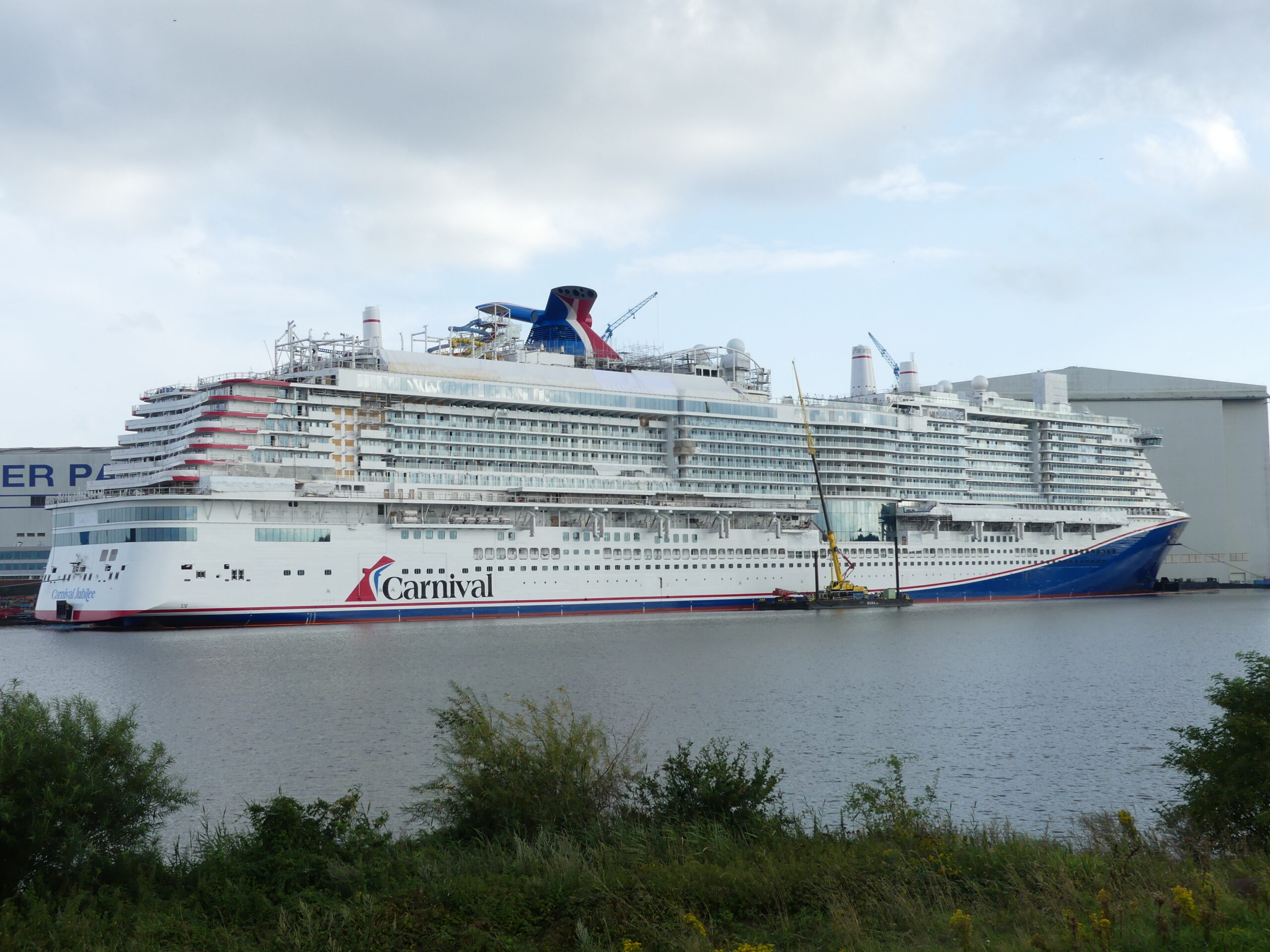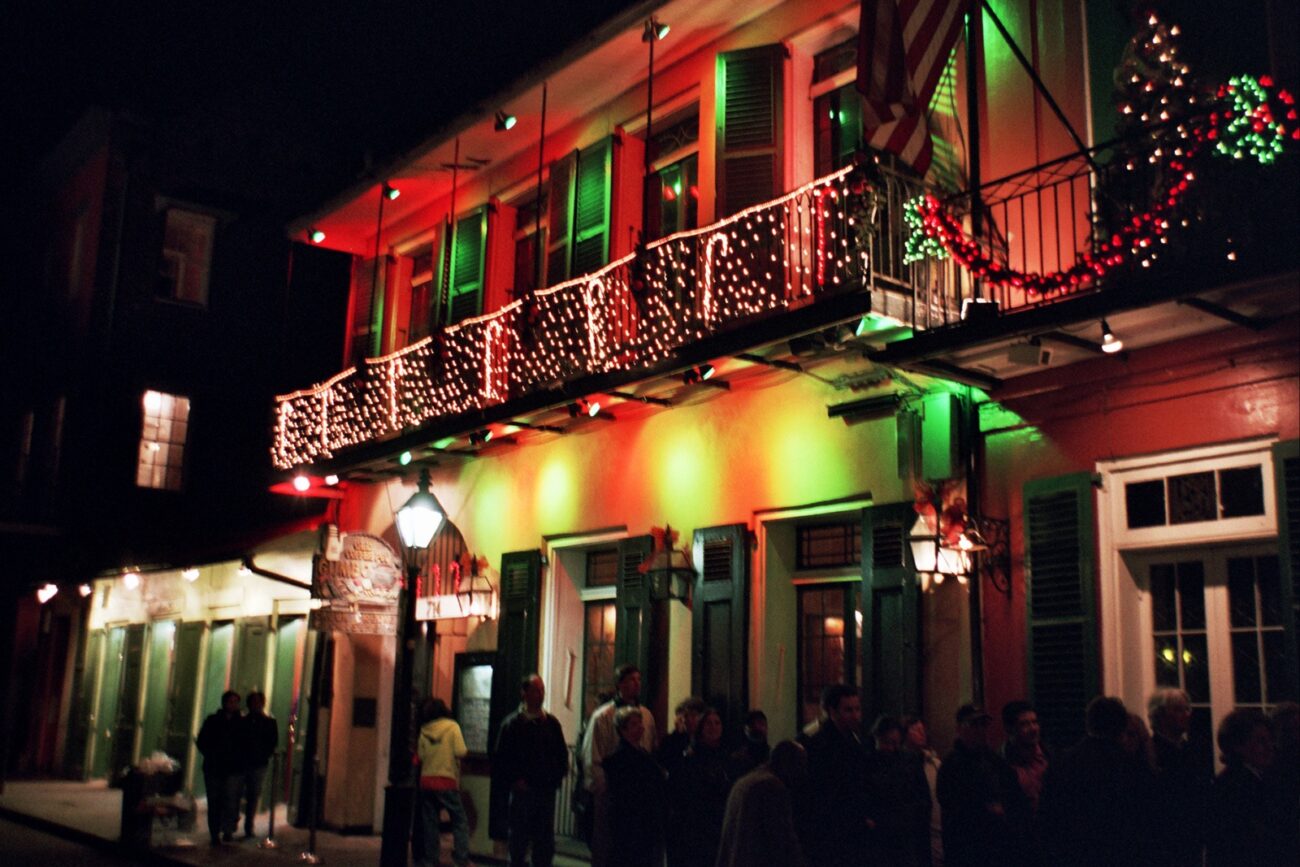The choreography of vacation’s end—luggage collection, customs forms, the gradual psychological reentry to real life—shattered into chaos on April 26 when a violent altercation erupted at Galveston’s Cruise Terminal 25. What began as routine disembarkation from Carnival Jubilee transformed into a scene captured on video and shared widely across social media platforms.
According to Carnival’s official statement, “The incident occurred in the debarkation area under the authority of U.S. Customs and Border Protection. This matter has been turned over to law enforcement. Meanwhile, we will not tolerate such behavior, and 24 people have been placed on our Do Not Sail list.”
The Port of Galveston Police Department confirmed responding to what they described as “an altercation” at Cruise Terminal 25. Court documents filed in Galveston County, which are public record, indicate that a passenger identified as Ethan Meritt-Clark was involved in the incident. Meritt-Clark told police he had “an issue” with a group of people during the cruise while playing basketball, but later changed his statement about his role in the confrontation.
When The Party Never Stops (Until It Does)
This terminal turmoil isn’t occurring in isolation. Carnival Cruise Line has faced similar incidents in recent years, establishing a pattern that raises questions about passenger management and cruise ship security protocols.
In June 2022, a substantial fight broke out on the dance floor of a nightclub aboard the Carnival Magic while sailing near the Verrazano Bridge in New York. The New York Police Department confirmed to PEOPLE magazine that the Coast Guard had to escort the cruise ship to Pier 88 following the incident, which reportedly involved dozens of passengers.
More recently, in June 2024, video footage captured another physical altercation in the buffet area of the Carnival Paradise, showing passengers engaged in confrontations while other travelers attempted to continue their meals around the disruption.
The Security Gap Nobody’s Talking About
The question of adequate security in the unique environment of cruise ships presents regulatory challenges. Unlike hotels or resorts, cruise ships operate in international waters with complex jurisdictional considerations.
Carnival’s passenger contract, publicly available on their website, outlines behavior expectations but provides limited information about security personnel training or protocols for managing escalating conflicts before they reach the point of physical violence.
The List Nobody Wants To Join
For the 24 passengers permanently banned from Carnival ships, their tropical getaway ended with entry into a database about which little public information exists. While the Department of Homeland Security provides oversight for pre-boarding screening, the specific criteria for placement on and removal from cruise line prohibition lists remain largely undisclosed.
Meanwhile, as videos of the Galveston fight continue circulating online, they contribute to a growing body of social media content that contradicts the carefully crafted marketing narratives of carefree cruise vacations—revealing instead the sometimes chaotic reality when thousands of strangers, abundant alcohol, and limited space combine in ways marketing brochures never mention.


















